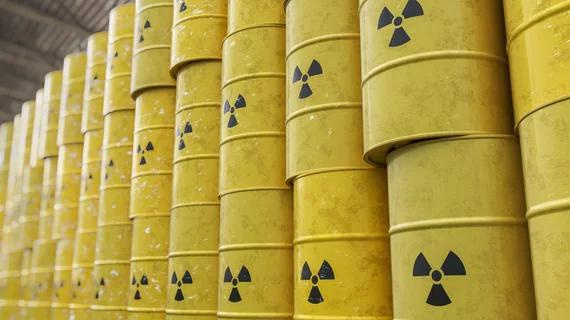NorthStar wraps up construction of new Mo-99 facility
NorthStar Medical Radioisotopes has finished construction of its new molybdenum-99 (Mo-99) processing facility in Beloit, Wisconsin, the company announced on July 16.
“Construction completion of our Beloit, Wis. Mo-99 processing facility is a significant marker of NorthStar’s progress, as we continue to execute on our plan to meet customer demand and ensure reliable, non-uranium based radioisotope supply for the United States,” said Stephen Merrick, president and CEO of NorthStar, in a statement.
The 20,000 square foot facility will utilize NorthStar’s RadioGenix System to process non-uranium/ non-highly enriched uranium Mo-99 and turn it into the medical radioisotope technetium-99m (Tc-99m).
Once the facility is properly licensed and approved by the FDA, NorthStar said it will begin processing at the new facility.
“In conjunction with our partners at the University of Missouri Research Reactor (MURR®), NorthStar is consistently providing domestic, non-uranium based Mo-99 now, and actively planning for the future,” Merrick added. “The new facility will enable us to double production of RadioGenix System source vessels, which are used by radiopharmacies to produce Tc-99m for physicians and their patients.”
Back in February 2018, the FDA announced it had granted NorthStar approval for the domestic production of Tc-9m. With the new facility, NorthStar seeks to provide a stable, domestic source of the radioisotope crucial to many medical imaging exams.

